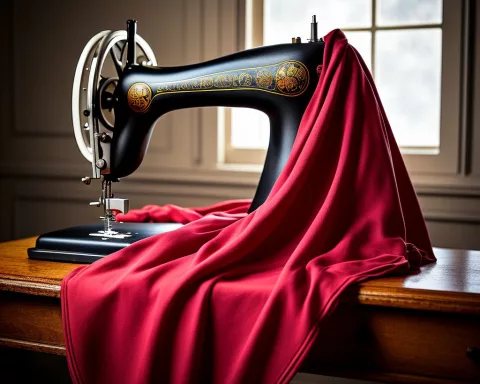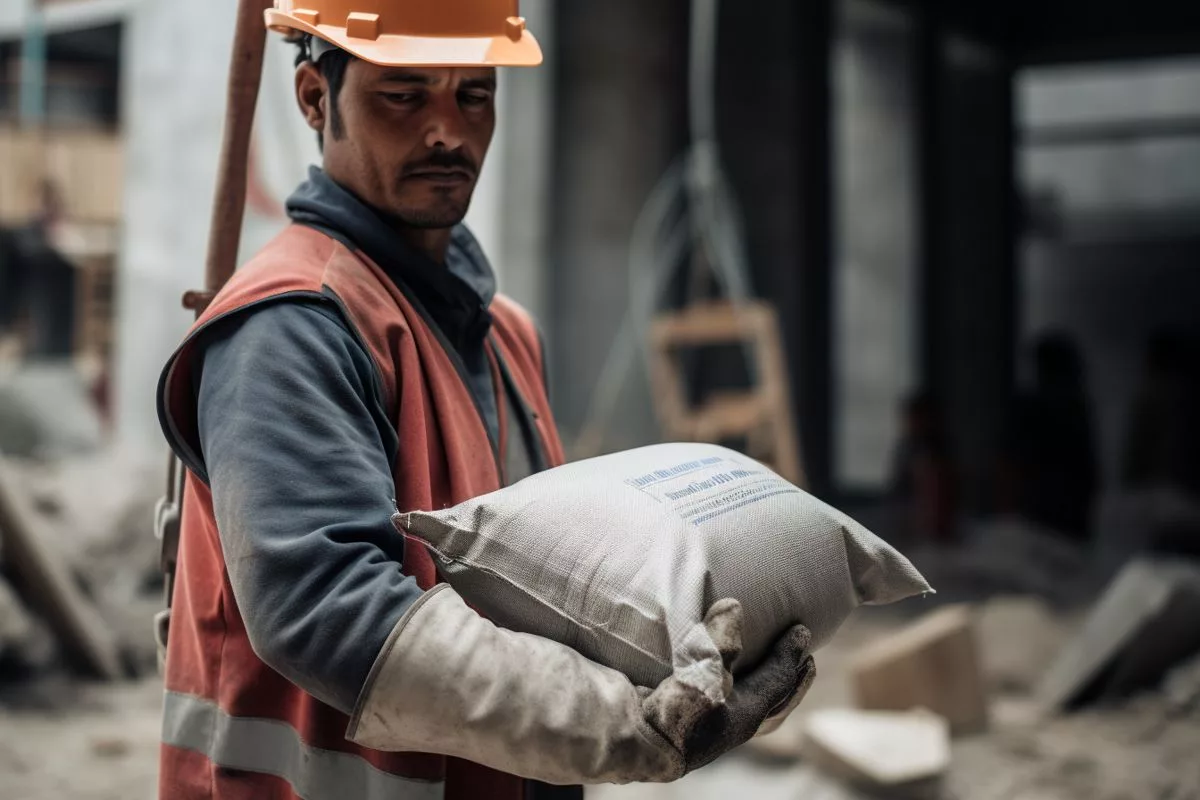Rugby player Owen Farrell recently faced online abuse during a Champions Cup opener game in Pretoria, which highlights the need for a cultural transformation in rugby both on and off the field, and regulation of online platforms. The incident underscores the pressing necessity for respecting players’ mental health and dignity and supporting athletes as humans first. David Flatman, a former England prop and commentator, spoke out against the cruelty, emphasizing the importance of acknowledging players’ personal battles and advocating for a return to the central ethos of respect and sportsmanship that underpins the game.
Rugby players are not immune to online abuse. Recent events at a Champions Cup opener game in Pretoria triggered a troubling shift from traditional rugby sportsmanship. The incident involved Owen Farrell, the Red Rose captain, who found himself on the receiving end of the audience’s disapproval, much to the surprise of many. The incident highlights the need for a cultural transformation in rugby, both on and off the field, and regulation of online platforms. It also serves as a reminder to support athletes as humans first.
The Incidence at Pretoria
In the fiercely contested world of rugby, there is a fascinating contrast between the intense physical play during games and the polite sportsmanship off the field. Yet, recent happenings during a Champions Cup opener game in Pretoria, where Saracens clashed with the South African team, the Bulls, triggered a troubling shift from the traditional rugby sportsmanship. The center of this unusual incident was Owen Farrell, the Red Rose captain, who found himself on the receiving end of the audience’s disapproval, much to the surprise of many.
David Flatman’s Defense
David Flatman, a previous England prop and currently a commentator, was at the forefront of expressing disapproval against the cruel treatment given to Farrell, shedding light on the issue with a blend of personal experience and professional perspective. Farrell, a 32-year-old veteran of international rugby, had recently revealed his retirement to focus on his mental health and protect his family from the venomous trolling on social media, only to face a similar event during the match.
Farrell had to endure non-stop barracking throughout the match, even from English fans, which was not just an insult to his personal struggle but also a glaring deviation from the essence of rugby. In a heartfelt appeal for compassion, Flatman stated on ITV Sport, “You’ve all got phones, you all read the internet, you all know that he’s struggling and he’s stepped back. If there’s a time to have a day off, that’s your time to have a day off.”
Though Flatman’s critique was stern, it did not lack the warmth and companionship that the sport is known for. He was unabashed in his respect for Farrell, referring to him as ‘a great bloke,’ and emphasized the importance of acknowledging a player’s personal battles. His words serve as a potent reminder to critics that behind the professional façade exists an individual with emotions and vulnerabilities.
The Broader Issue
Flatman’s lament wasn’t solely about Farrell, but touched on a more extensive issue. He frankly admitted the uncontrolled and widespread toxicity on social media platforms, which has increasingly become a source of anguish for many. He shed light on the rampant online harassment many players face, portraying a grim image of the challenges athletes confront in the digital era. Despite its numerous advantages, the unchecked aggression and harshness on social media are an ongoing worry.
The Aftermath and The Future
The uproar ignited by Farrell’s experience acts as an alarm bell for the rugby community, advocating a return to the central ethos of respect and sportsmanship that underpins the game. It also underscores the pressing necessity for regulating online platforms and reining in the culture of abuse that infiltrates them. It serves as a reminder that while the spirit of competition is crucial to the sport, it should never be at the expense of a player’s mental health and dignity.
Farrell’s predicament reveals a disquieting reality lurking beneath the surface of modern rugby – the pressing need for a cultural transformation, both on and off the field. Amid this turbulent situation, Flatman’s sentiment resonates: “To be honest, I just hope he’s alright because he’s a great bloke.”
As the world of sports continues to wrestle with the severe realities of online harassment, it’s worth remembering that the athletes we support are humans first. They contend not just with their opponents on the field, but also with their private struggles. Their battles are as real as ours, and their bravery in recognizing and addressing them deserves not ridicule, but respect. For Owen Farrell, and for every athlete who has been subjected to such hostility, the hope remains that empathy will eventually triumph over hostility, and respect over abuse.
1. What happened to Owen Farrell during the Champions Cup opener game in Pretoria?
During the game, Owen Farrell faced online abuse and non-stop barracking from the audience, even from English fans, which was insulting to his personal struggle and a deviation from the essence of rugby.
2. Who spoke out against the treatment given to Farrell?
David Flatman, a former England prop and commentator, spoke out against the cruel treatment given to Farrell during the match, emphasizing the importance of acknowledging a player’s personal battles and advocating for a return to the central ethos of respect and sportsmanship that underpins the game.
3. What is the broader issue regarding online harassment in rugby?
The unchecked aggression and harshness on social media platforms have become a source of anguish for many rugby players, portraying a grim image of the challenges athletes confront in the digital era.
4. What is the pressing need highlighted by Farrell’s experience?
Farrell’s experience highlights the pressing need for a cultural transformation in rugby, both on and off the field, and regulation of online platforms to respect players’ mental health and dignity.
5. What can the rugby community do to address the issue highlighted by Farrell’s experience?
The rugby community can advocate for a return to the central ethos of respect and sportsmanship that underpins the game, regulate online platforms to rein in the culture of abuse, and support athletes as humans first.
6. What is the hope for athletes who have been subjected to online harassment?
The hope remains that empathy will eventually triumph over hostility, and respect over abuse for every athlete who has been subjected to such hostility.












